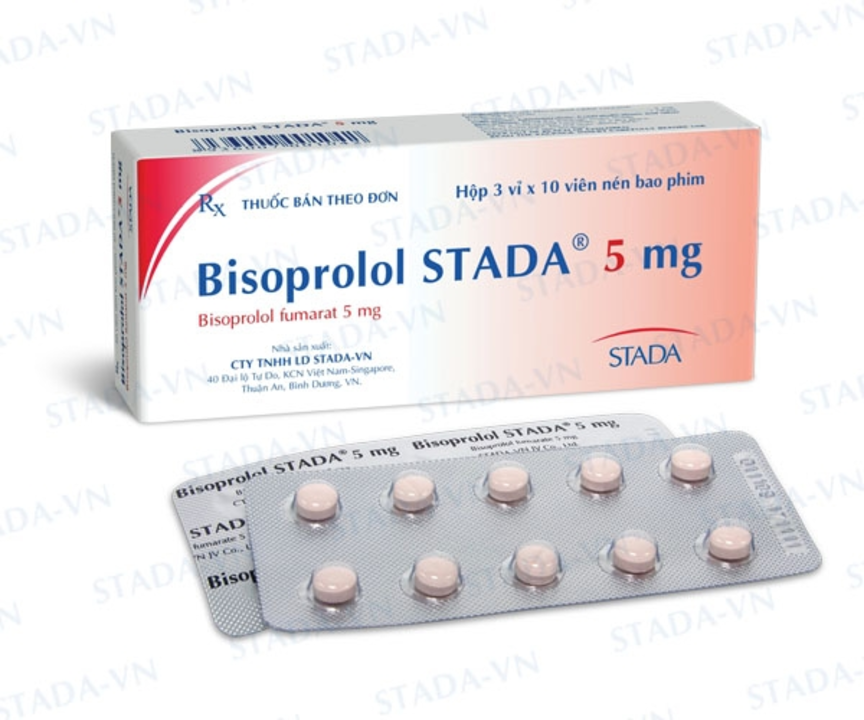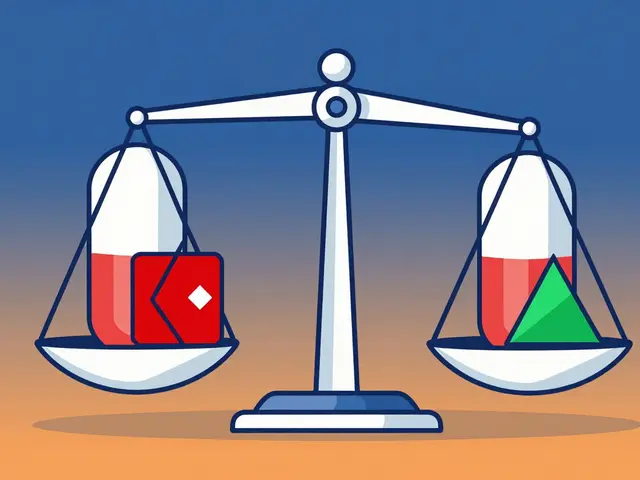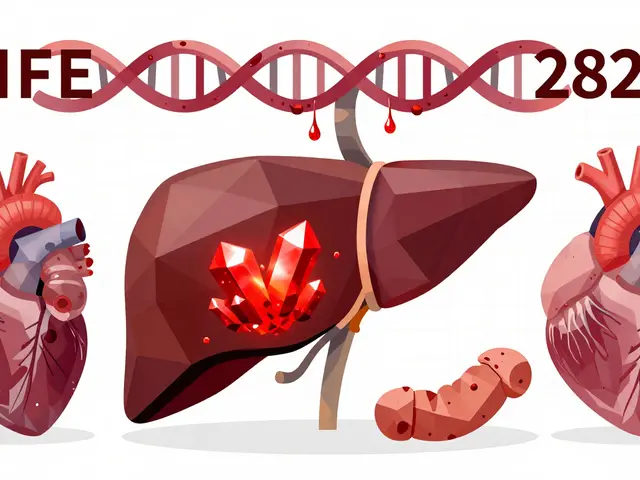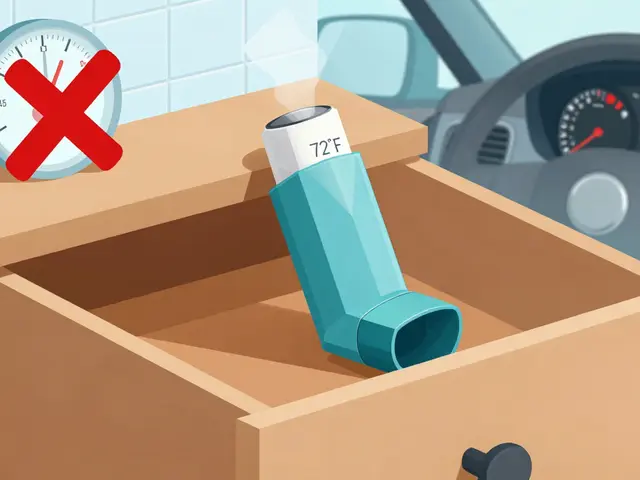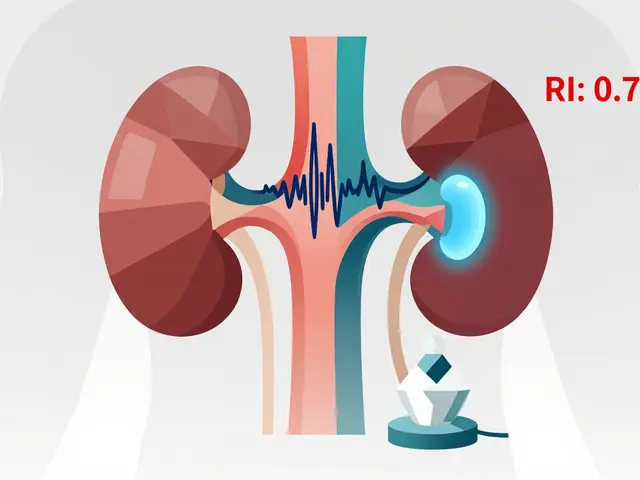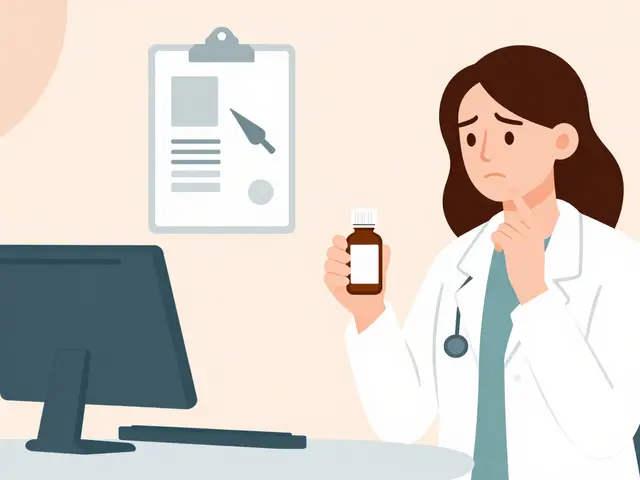Rest: Simple, Useful Tips to Recover Faster and Stay Safe on Meds
Feeling wiped out or juggling new medications? Rest isn’t just doing nothing — it’s an active part of getting better. The right kind of rest speeds healing, lowers side effects, and helps medicines work the way they should. Below are clear, practical tips you can use today, plus what to watch for when meds change how you feel.
Practical rest tips you can use
Keep a sleep routine. Go to bed and wake up at the same time every day — your body heals better with a schedule. Short naps (20–30 minutes) can help during the day, but long naps late afternoon often mess with nighttime sleep.
Make your room sleep-friendly. Cool, dark, and quiet is best. Turn off bright screens at least 30 minutes before bed. If light or noise bothers you, use an eye mask or white-noise app.
Move gently when you can. Light walking or stretching improves circulation and mood. Rest doesn’t mean full bed rest unless a health provider tells you so. Small, regular movement usually helps recovery.
Eat and hydrate in ways that support sleep. Avoid heavy meals and lots of caffeine late in the day. Sip water regularly — dehydration worsens fatigue and can boost side effects from some drugs.
Rest and medications: simple safety rules
Some meds make you drowsy, others can disrupt sleep. Read your patient leaflet for side effects like dizziness, vivid dreams, or insomnia. If a medicine knocks you out, avoid driving and heavy machinery until you know how it affects you.
Talk to your prescriber about timing. Taking certain drugs in the morning or at night can reduce sleep trouble. For example, stimulant-like meds or some antidepressants are often taken in the morning to prevent insomnia.
Watch for withdrawal or tapering effects. Stopping drugs like gabapentin too fast can cause sleep issues, anxiety, or other symptoms. Follow taper schedules exactly and plan extra rest days when needed. See our “Taper Off Gabapentin Safely” article for step-by-step tips.
Avoid mixing sedatives with alcohol. That combo can dangerously slow breathing and deep sleep quality. If you use sleep aids, discuss safer options with your clinician — sometimes non-drug methods work better long term.
If rest isn’t helping — or if you have high fever, worsening pain, confusion, breathlessness, fainting, or extreme sleepiness — get medical help. Those signs can mean a complication from your illness or medication.
Want more on how meds and rest interact? Check related guides on our site about tapering, drug side effects, and safe medication use. Practical posts like “Taper Off Gabapentin Safely,” “Buspar Uses,” and drug-specific articles explain how rest fits into real treatment plans. Rest well, stay safe, and ask your health provider when in doubt.
As a blogger who values a good night's sleep, I recently researched the connection between Bisoprolol and sleep quality. It turns out that Bisoprolol, a common beta-blocker, may have a negative impact on our rest. Many users have reported difficulty falling asleep, frequent awakenings, and even nightmares. On the other hand, some people experience drowsiness as a side effect. It's important to consult with a doctor if you're taking Bisoprolol and experiencing sleep issues, as they can help determine the best course of action.
Continue reading...

